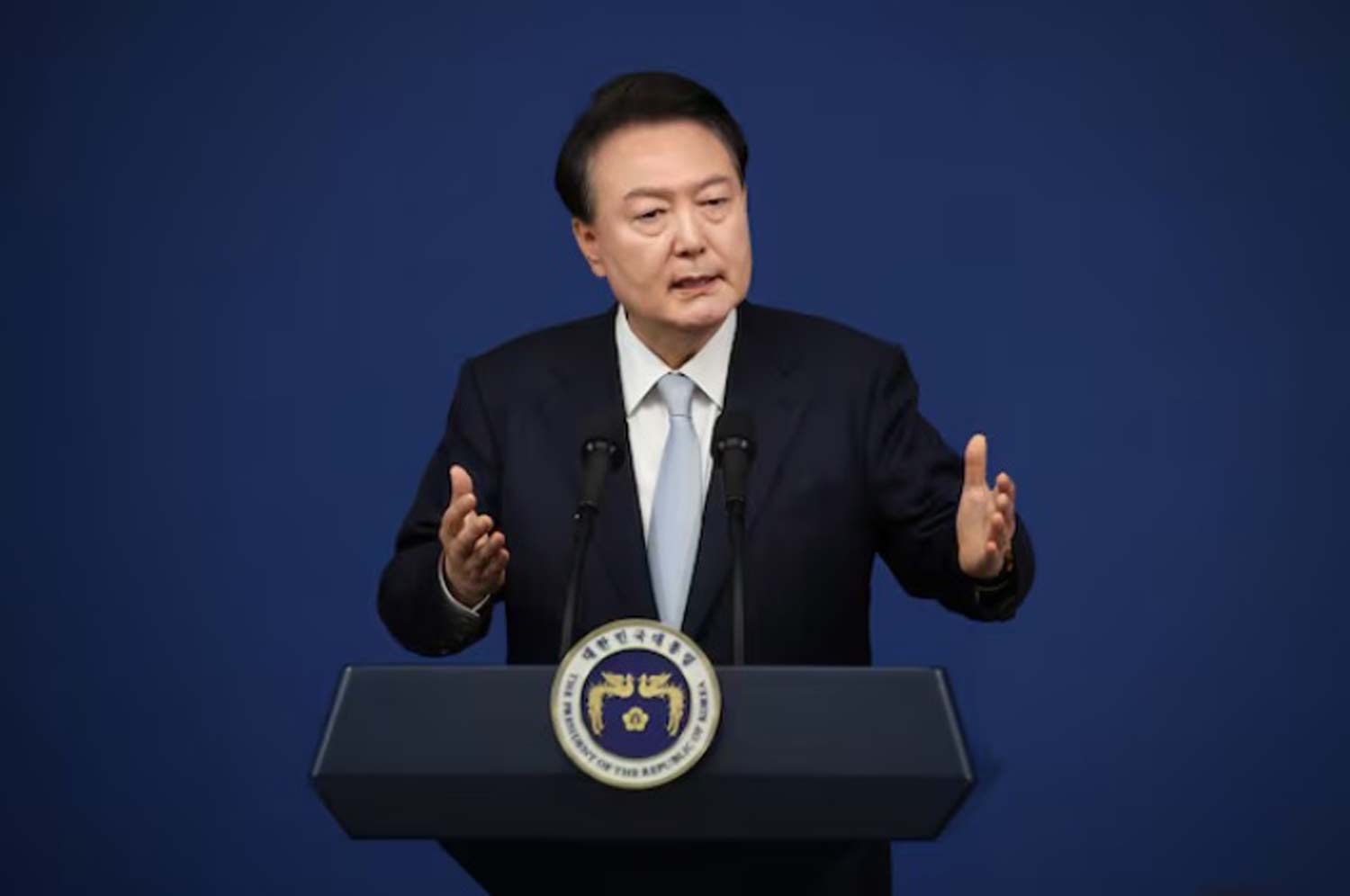NATO is set to enhance intelligence sharing and bolster the security of critical infrastructure in response to “hostile” sabotage actions by Russia and China against its allies, stated NATO chief Mark Rutte on Tuesday.
Rutte emphasized that in recent years, both Russia and China have sought to undermine NATO member states through sabotage, cyberattacks, disinformation campaigns, and energy coercion aimed at instilling fear.
He affirmed that NATO allies will remain united in addressing these challenges through various strategies, including improved intelligence collaboration and enhanced protection of vital infrastructure.
During the NATO foreign ministers’ meeting in Brussels this week, a new strategy is anticipated to be developed to combat hybrid threats, which encompass propaganda, political meddling, deception, and the sabotage of essential infrastructure, among other non-traditional military tactics.
A senior NATO official, speaking anonymously, highlighted the ongoing and persistent hybrid campaign targeting NATO allies, noting an increased willingness from Russia to engage in sabotage that poses risks to physical safety and infrastructure within member countries.
Western security experts have indicated that recent fires at courier depots in the UK, Germany, and Poland were likely part of a Russian test to instigate explosions on cargo flights bound for the United States.
Additionally, European nations are investigating whether the severing of two fiber-optic cables in the Baltic Sea last November—one connecting Finland to Germany and the other linking Sweden to Lithuania—was an act of sabotage.
In response to these allegations, Russia has denied involvement in hybrid activities. Kremlin spokesman Dmitry Peskov described the ongoing blame directed at Russia as “absurd” when questioned about the damaged Baltic cables.
China has rejected as unfounded the allegations from Germany that it was responsible for a cyberattack on a German government agency in 2021. Western officials are grappling with the difficulty of formulating a unified response to these suspected attacks, as certain NATO members are cautious about exacerbating tensions with Russia.
Additionally, NATO allies are split on the extent to which they should disclose their findings regarding suspected sabotage incidents; some advocate for public transparency, while others argue that such disclosures could be detrimental.
Discover more from Defence Talks | Defense News Hub, Military Updates, Security Insights
Subscribe to get the latest posts sent to your email.





